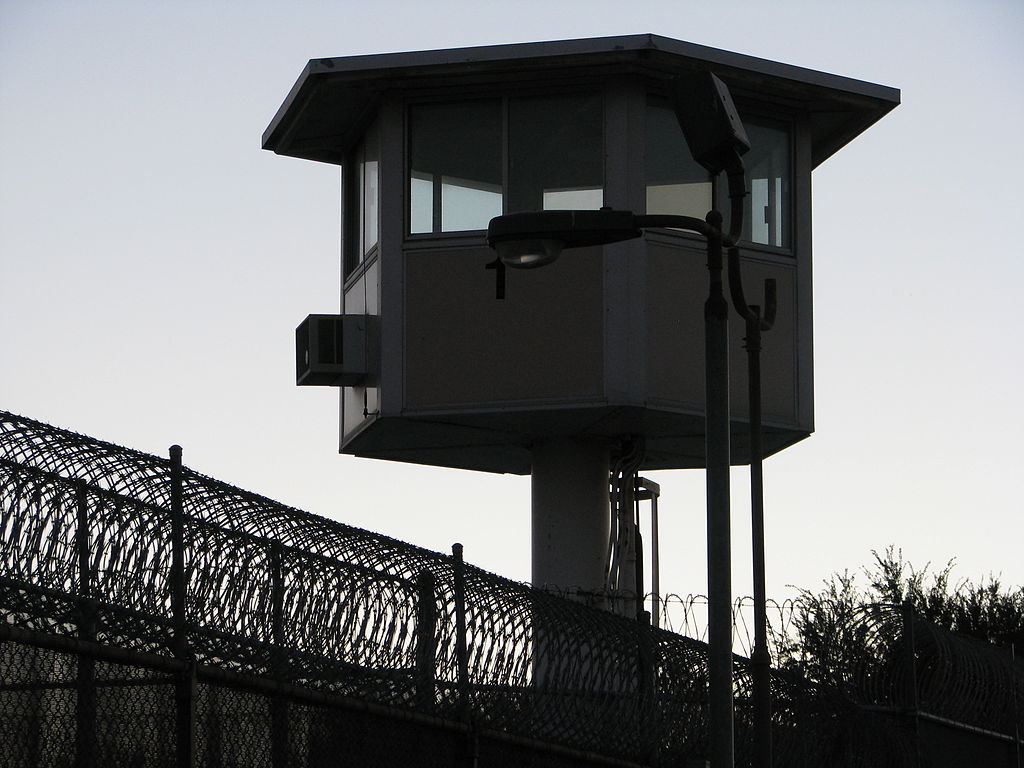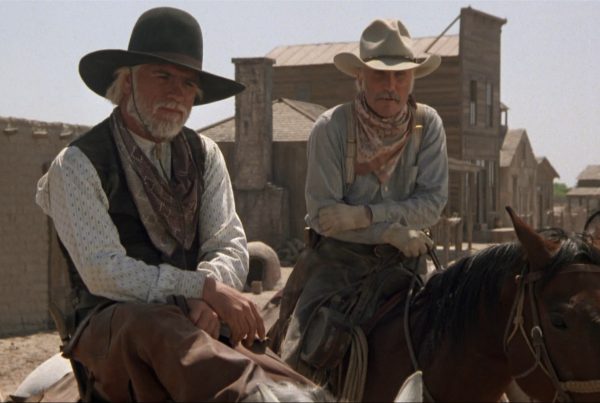Texas prisons were so short-staffed in 2023, the state had to shuttle correctional officers to far-flung facilities where guard shifts couldn’t be filled locally. The Texas Department of Criminal Justice bill for hotels and travel meals that year came to nearly $14 million, double what it was the year before.
An investigation by the Houston Chronicle found that staffing shortages in Texas prisons have had ripple effects across the state, from higher costs to staff working longer hours than permitted under regulation.
Eric Dexheimer, an investigative reporter at the Houston Chronicle, said conditions have improved somewhat in the last year.
“In testimony late last year, the Corrections Department executive director said … there had been some recent pay raises for the agency over the last year that seem to have made a little bit of difference,” Dexheimer said. “But national hiring trends and some kind of embedded problems within the agency have made it still a tough sell.”
Beyond problems with hiring, the Texas Department of Criminal Justice has experienced long-standing problems with retention.
“One of the most startling statistics that I found was that over the past decade, the agency had hired 74,000 correctional officers and lost 72,000 of them. So almost complete turnover within a decade,” Dexheimer said. “Part of that had to do with a labor shortage nationally, but also there’s a cultural problem inside the prison in which there’s this kind of doom cycle where hiring people is difficult. So there are shortages, making the work even harder, making it less attractive to work there.”
» GET MORE NEWS FROM AROUND THE STATE: Sign up for Texas Standard’s weekly newsletters
Staff also identified cultural problems in the agency that impact both retention and hiring.
“The correctional officers who had worked there [said there is] a cultural problem where it was overly punitive,” Dexheimer said. “Another statistic that was really fascinating was that over half of correctional officers at the agency had some sort of disciplinary mark against them.
“Even the executive director, Bryan Collier, called it a rigid environment, and he had vowed to fix some of that and make it a little more attractive to work there and less punitive.”
With fewer guards than are needed, Dexheimer said incarcerated people and their families feel the impact.
“During visitations, there are too few correctional officers to supervise. So they have to wait around to see their loved ones,” he said. “They’ve also expressed concerns that their loved ones’ safety is compromised if they call for help, that the response time is low.
“And getting inmates to medical appointments, I guess has been a problem, too, because they require guards to supervise those trips, and if there are too few, then they have to be put on hold.”
Dexheimer said leadership in the Texas Department of Criminal Justice is continuing to work on the department’s culture to try and attract more employees.
“They have given, I think, about 30% pay raises over the last couple of years. The Legislature has voted to fund that,” he said. “The correctional agency has also requested more money to build dorms at facilities that might house correctional officers so they don’t have to travel as much, making it less difficult on them.”











